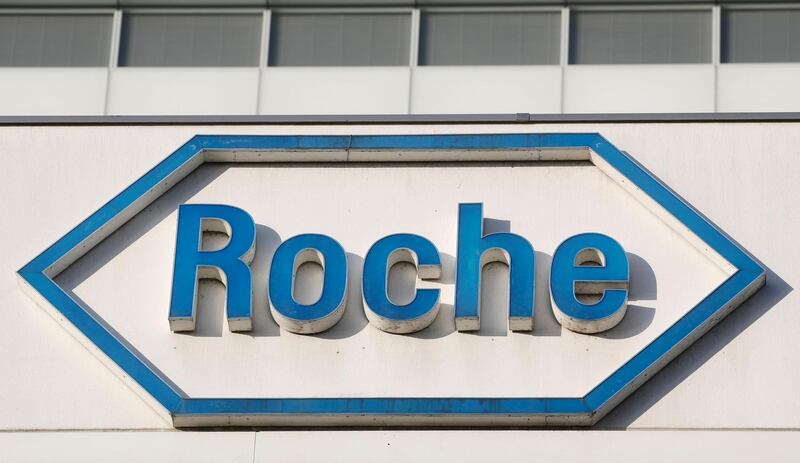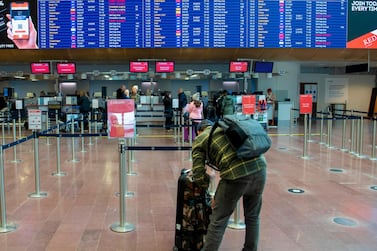Swiss drugmaker Roche said it won emergency approval from the US government for a highly automated coronavirus test, potentially speeding up the ability to test patients by a factor of 10.
The US Food and Drug Administration granted an “emergency use authorisation” to the test, which runs on Roche’s cobas 6800/8800 systems, the Basel-based company said on Friday.
The cobas 8800 system can test patients about 10 times faster than Roche’s existing test for the coronavirus. The new instruments provide test results within four hours.
But the company declined to comment on pricing for the tests.
The advanced version is capable of testing as many as 4,128 patients a day, said Roche, whose shares climbed as much as 4.9 per cent on Friday.
“We are increasing the speed definitely by a factor of 10,” Thomas Schinecker, head of Roche’s diagnostics unit, said in an interview.
Testing is crucial to stem the spread of coronavirus because it allows health care workers to identify the infected and quarantine them, even if they are not experiencing many symptoms. That can potentially reduce the overall number of infections and buy time for drugmakers to come up with better treatments and, ultimately, a vaccine.
Roche’s cobas systems, launched in 2014, are widely available globally, with 695 of the 6800 instruments and 132 of the 8800 systems already installed.
There are 110 of these tools in the US, and Roche has installed a “significant amount” of new ones in key locations in the US in recent weeks, Mr Schinecker said. Roche declined to specify how many of those units are 8800 and how many are 6800 models.
This is the third test – and first commercially available one – granted emergency approval by the FDA.
The US and much of Europe have been criticised for testing their populations too slowly, allowing the virus to proliferate.







